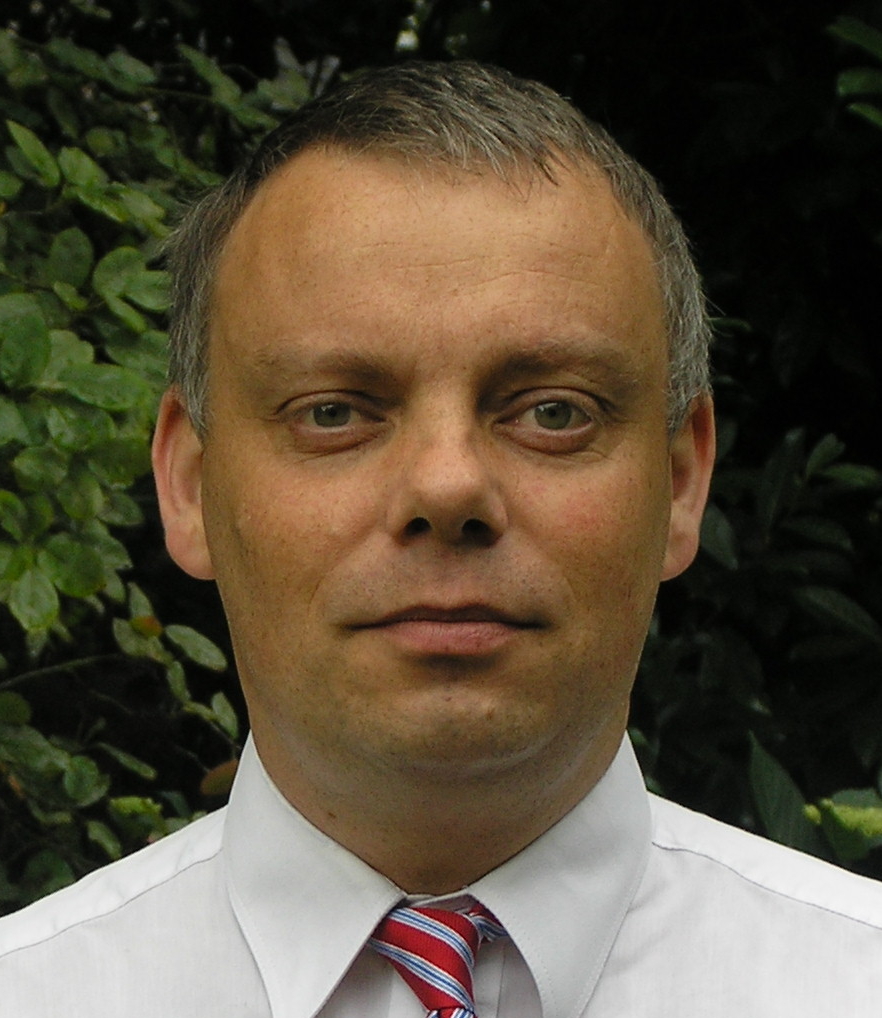|
MCRL2
mCRL2 is a specification language for describing concurrent discrete event systems. It is accompanied with a toolset, that facilitates tools, techniques and methods for simulation, analysis and visualization of behaviour. The behavioural part of the language is based on process algebra ( Algebra of Communicating Processes). The data part of the toolset is based on abstract equational data types extended with higher-order functions. The toolset was founded by Jan Friso Groote and is currently developed by the Formal Systems Analysis group at Eindhoven University of Technology, The Netherlands ) , anthem = ( en, "William of Nassau") , image_map = , map_caption = , subdivision_type = Sovereign state , subdivision_name = Kingdom of the Netherlands , established_title = Before independence , established_date = Spanish Netherl .... References *Groote, J.F., Mousavi, M.R. ''Modeling and analysis of communicating systems''. The MIT press. 2014. {{ISBN, 9780262027717. Exter ... [...More Info...] [...Related Items...] OR: [Wikipedia] [Google] [Baidu] |
Jan Friso Groote
Jan Friso Groote (born April 13, 1965, in Doetinchem) is a Dutch computer scientist. Education Groote studied computer science at Twente University obtaining his master's degree in 1988 under supervision of Ed Brinksma. He obtained his PhD thesis in 1991 under Jan Bergstra and Jos Baeten at the University of Amsterdam, while working at the Centrum Wiskunde & Informatica, Centre for Mathematics and Computer Science in Amsterdam. Profession He contributed to operational semantics, structural operational semantics and verification technology. His particular contributions include the ''tyft/tyxt format'' for operational rules, the first algorithm to determine bisimulation, branching bisimulation and the ''cones and foci method'' to prove correctness of protocols and distributed algorithms. He is the founding godfather of the process modelling language and analysis tool sets muCRL and mCRL2. He began working in 2000 as a full professor in verification technology at Eindhoven Un ... [...More Info...] [...Related Items...] OR: [Wikipedia] [Google] [Baidu] |
Eindhoven University Of Technology
The Eindhoven University of Technology ( nl, Technische Universiteit Eindhoven), abbr. TU/e, is a public technical university in the Netherlands, located in the city of Eindhoven. In 2020–21, around 14,000 students were enrolled in its BSc and MSc programs and around 1350 students were enrolled in its PhD and PDEng programs. In 2021, the TU/e employed around 3900 people. Eindhoven University of Technology has been ranked in the top 200 universities in three major ranking systems. The 2019 QS World University Rankings place Eindhoven 99th in the world, 34th in Europe, and 3rd in the Netherlands. TU/e is the Dutch member of thEuroTech Universities Alliance a strategic partnership of universities of science & technology in Europe: Technical University of Denmark (DTU), École Polytechnique Fédérale de Lausanne (EPFL), École Polytechnique (L’X), The Technion, Eindhoven University of Technology (TU/e), and Technical University of Munich (TUM). History The Eindhoven Uni ... [...More Info...] [...Related Items...] OR: [Wikipedia] [Google] [Baidu] |
The Netherlands
) , anthem = ( en, "William of Nassau") , image_map = , map_caption = , subdivision_type = Sovereign state , subdivision_name = Kingdom of the Netherlands , established_title = Before independence , established_date = Spanish Netherlands , established_title2 = Act of Abjuration , established_date2 = 26 July 1581 , established_title3 = Peace of Münster , established_date3 = 30 January 1648 , established_title4 = Kingdom established , established_date4 = 16 March 1815 , established_title5 = Liberation Day , established_date5 = 5 May 1945 , established_title6 = Kingdom Charter , established_date6 = 15 December 1954 , established_title7 = Caribbean reorganisation , established_date7 = 10 October 2010 , official_languages = Dutch , languages_type = Regional languages , languages_sub = yes , languages = , languages2_type = Recognised languages , languages2_sub = yes , languages2 = , demonym = Dutch , capital = Amsterdam , largest_city = capital , ... [...More Info...] [...Related Items...] OR: [Wikipedia] [Google] [Baidu] |
Model Checkers
In computer science, model checking or property checking is a method for checking whether a finite-state model of a system meets a given specification (also known as correctness). This is typically associated with hardware or software systems, where the specification contains liveness requirements (such as avoidance of livelock) as well as safety requirements (such as avoidance of states representing a system crash). In order to solve such a problem algorithmically, both the model of the system and its specification are formulated in some precise mathematical language. To this end, the problem is formulated as a task in logic, namely to check whether a structure satisfies a given logical formula. This general concept applies to many kinds of logic and many kinds of structures. A simple model-checking problem consists of verifying whether a formula in the propositional logic is satisfied by a given structure. Overview Property checking is used for verification when two desc ... [...More Info...] [...Related Items...] OR: [Wikipedia] [Google] [Baidu] |


.jpg)